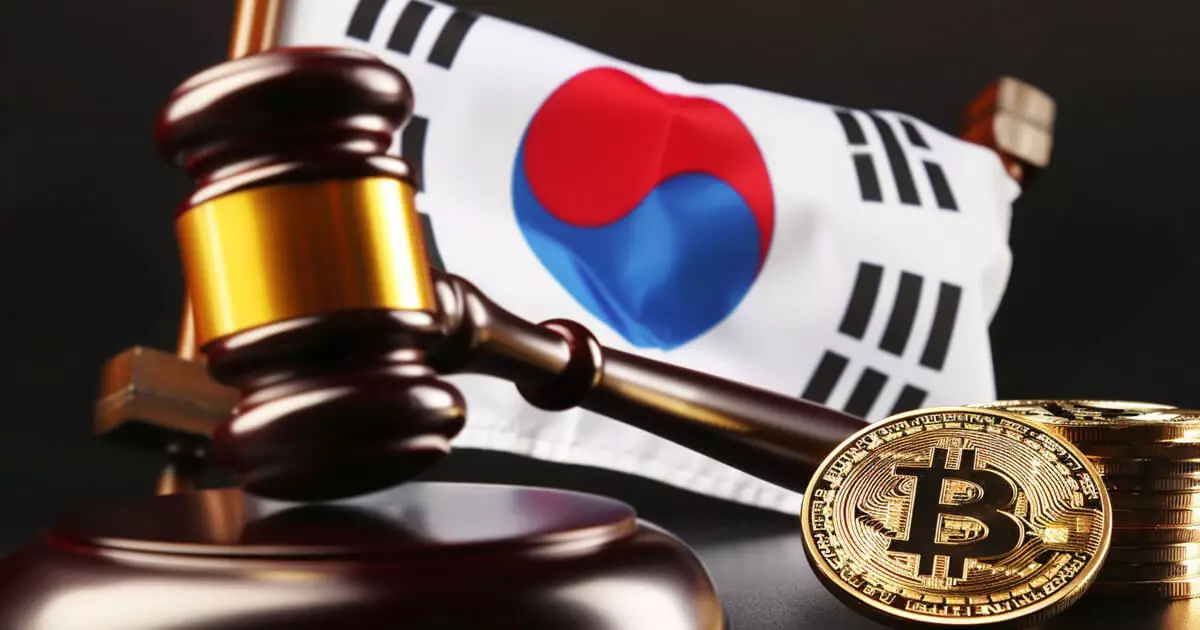Recently, the Financial Supervisory Service (FSS) in South Korea has announced plans to tighten oversight of cryptocurrency trading platforms under its jurisdiction. The goal is to eliminate fraudulent transactions within the crypto space. The regulator has mandated that local exchanges must establish a continuous monitoring system for unfair transactions and report any abnormal activities via a dedicated transmission line.
In order to ensure that virtual asset exchanges can meet their legal obligations smoothly, the FSS has collaborated with exchanges to create the “Abnormal Transaction Monitoring Guidelines.” This new system is set to launch on July 19, coinciding with the enforcement of South Korea’s first regulatory framework for crypto investor protection, known as the Virtual Asset User Protection Act.
Amidst these regulatory changes, the Digital Asset Exchange Alliance (DAXA) and 20 local exchanges have taken steps to address concerns regarding potential token delistings. They have introduced the “Best Practices for Supporting Digital Asset Transactions” guideline. This framework allows exchanges to review and delist digital assets, with a more lenient approach for assets that have been trading for over two years in eligible overseas virtual asset markets with sufficient regulation.
Reports have indicated that South Korean exchanges are planning to review the listing of over 1,000 altcoins in the next six months to ensure compliance with regulations. This has sparked apprehension within the crypto community about the possibility of mass delistings of up to 600 coins. However, these regulatory initiatives underline South Korea’s proactive stance towards crypto regulation.
South Korea is striving to set high standards for exchange operations and consumer protection in the crypto industry, positioning itself as a frontrunner in tackling the challenges of this rapidly evolving sector. The recent regulatory changes are expected to bolster market stability, safeguard investors, and combat financial crimes within the cryptocurrency market.
Overall, the future of cryptocurrency regulation in South Korea appears to be evolving towards a more stringent and structured framework aimed at fostering transparency, security, and accountability within the digital asset ecosystem. The proactive approach taken by regulatory authorities and industry stakeholders reflects a commitment to achieving a sustainable and thriving cryptocurrency market in the country.

